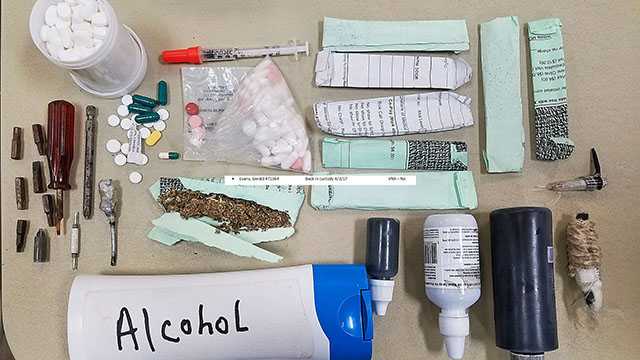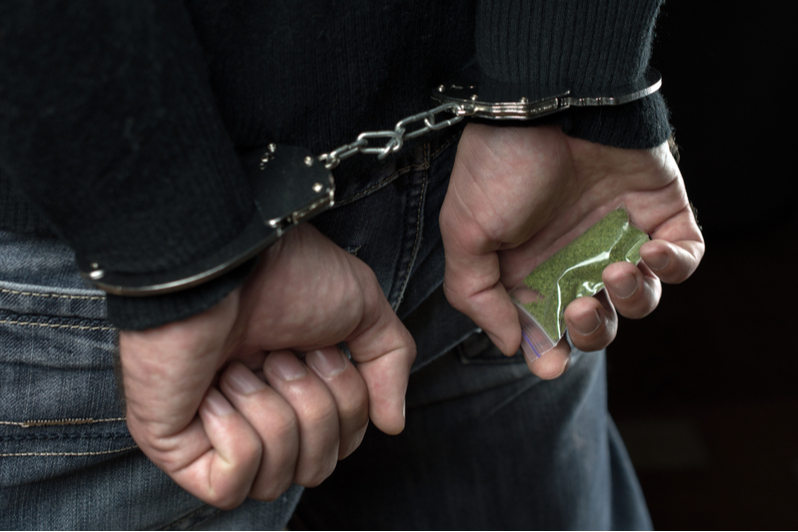

/cloudfront-us-east-1.images.arcpublishing.com/gray/L6AOL5VAEREZFELCMVVDM7TPWU.jpg)
“Some (family) shop in mom and pop stores or a 99-cent store on the block. “My mom does not have a computer or a bank account,” said the inmate, who asked his name be withheld. One inmate in Fishkill said the policy would block his mother from bringing him packages. “It’s another example of the poorest and the most marginalized population continually paying the price for policy on the state level that we should really just stop,” said Stanley Richards, executive vice president of the Fortune Society, a group that helps prisoners get back on their feet. Inmate advocates slammed the new policy, set to start in August as a pilot program in three undetermined prisons. Officers search the packages before handing them over to prisoners.īut jail officials believe they are a major source of contraband. Instead, clothing, books and canned foods will have to be sent through “approved secure vendors,” according to an internal department memo.įriends and family currently can supply those items during visits and through the mail. The state Department of Corrections plans to bar visitors from bringing packages to prisoners to cut down on contraband being brought inside, the Daily News has learned. The neglect and corruption in the penal system is breeding more lowlifes and wretches, who, ironically, now have all the time, and a base of operations guarded by cops no less, to do their foul deeds.New York State prisons to fight contraband smuggling by banning packages for Which means that the series of shakedowns last year, and this latest operation, appear to have barely scratched the surface of what the national penitentiary has become-a major hub of brazen, continuing criminality. It would certainly take several years to hoard them.” Robert Olaguer, the BuCor spokesperson, offered a not particularly reassuring explanation: “The firearms have been concealed there for a long time. But, apparently, as soon as the cameras were gone, the penitentiary was back to its old self as a hive of fearsome guns and illegal drugs, and whatever physical comforts could be extracted from outside parties and pliant prison authorities by such persuasive possessions. The dramatic raids led to the drug convicts being stripped of their contraband riches and confined to regular cells in a new building in the prison. After all, as he so profoundly put it, those objects did not “appear as if by magic.” Franklin Bucayu, deadpanned that if there was “sufficient evidence” that prison personnel had “facilitated the entry” of these prohibited items or colluded with well-off prisoners to wink and carry on as the jailbirds transformed their cells into luxury apartments, then they would be dealt with accordingly. De Lima had pronounced herself disgusted at this state of affairs, while the New Bilibid Prison head, Supt. They sported pricey watches, had wads of cash in their pockets (the hoard totaled P2 million), exercised in a well-appointed private gym, and kept drugs, sex dolls, imported wines, even whitening creams in their rooms.Ī follow-up raid led to more discoveries: a grenade, additional firearms, more shabu. The convicts were found to be staying in air-conditioned rooms equipped with TV sets, Wi-Fi, refrigerators, Jacuzzis and sauna, hi-tech entertainment systems, concert equipment, aquariums, bar and kitchen, and back-up power generators. We’ve heard this depressing news before-less than a year ago, in December 2014, when then Justice Secretary Leila de Lima led a team of raiders on a surprise inspection of the facility that uncovered not only firearms and cash but also a fortune in personal luxuries and effects on the persons and in quarters of 19 high-profile drug dealers. There were also sex toys, a television and a personal refrigerator.” The prisoners were also found to be keeping a caged civet cat, or “musang,” plus some P140,000 in cash. As reported in this paper, other than high-powered guns, the cache also included “airsoft guns, mobile phones, chargers, over 60 bladed weapons, wooden knuckles and drug paraphernalia.


But the startling firepower on display after the raid belies any such idea. That assumes, of course, that the guards and their superiors do their jobs of policing the prison, and have not been co-opted by syndicates inside to look the other way. How are people incarcerated by law-their movements and activities supposedly under heavy constraints and monitoring-able to amass such weaponry? The bulky firearms would be difficult to hide in prison, and under normal conditions, they would never even make it through the supposedly heavily screened entrance of the penitentiary, where security inspections are a requirement. A look at photos of the firearms and other weapons laid out on a table and displayed for the cameras will make one shudder.


 0 kommentar(er)
0 kommentar(er)
